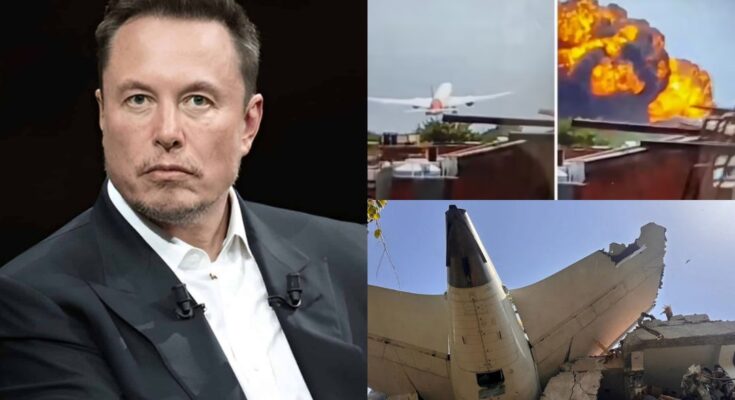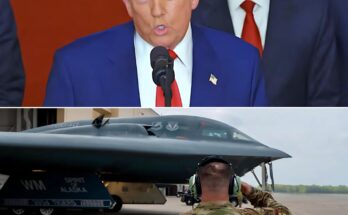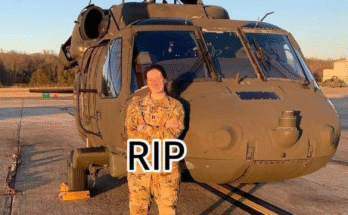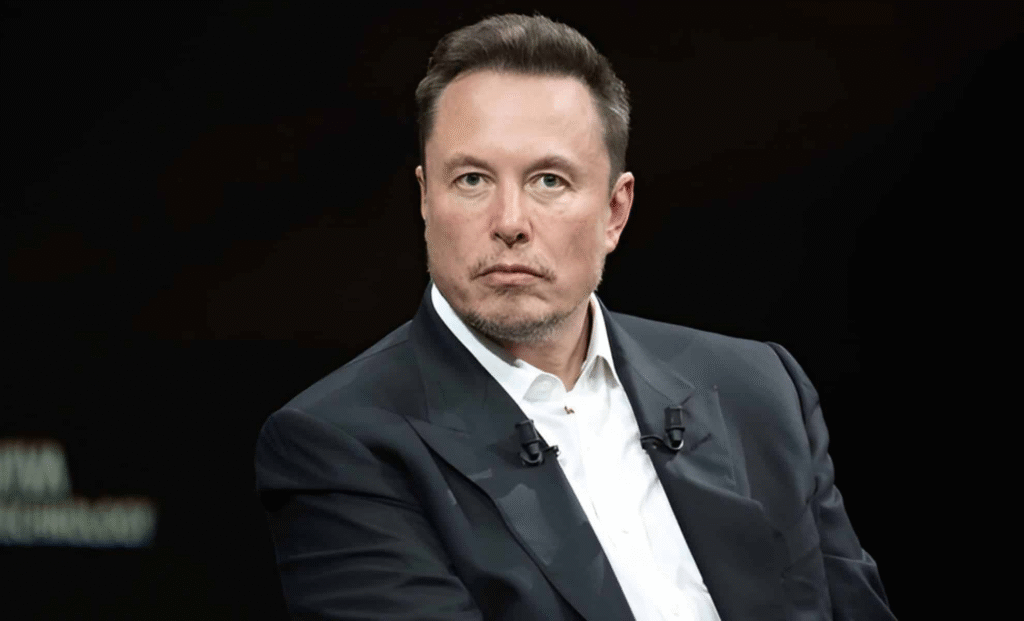
In what has become one of the most devastating civil aviation disasters in recent history, Air India flight AI171, a Boeing 787-8 Dreamliner, plunged to its tragic end just moments after taking off from Ahmedabad on June 12, 2025. Carrying 242 passengers, the aircraft nose-dived into a medical college hostel, killing everyone on board as well as innocent lives on the ground.The horrific crash has left the aviation community grappling with questions of safety, accountability, and corporate management. As the investigation continues, a year-old post by Tesla CEO Elon Musk, which criticized Boeing’s management practices, has resurfaced—casting an eerie shadow over the tragedy.Elon Musk’s 2024 criticism of Boeing’s leadership seems almost prophetic in hindsight. In a post shared that June, Musk questioned the priorities of the aerospace giant, stating, “The CEO of an aircraft company should know how to design aircraft, not spreadsheets.”

Musk’s comment, which seemed like an industry-specific jab at Boeing’s leadership, has now gained renewed significance. The timing of the remark, one year ahead of the AI171 disaster, now raises unsettling questions about the company’s direction.
But it wasn’t just a single post. Musk’s criticism of Boeing was part of a broader commentary on the state of the aerospace industry. In a post from May 2024, Musk pointed out the $4.2 billion Boeing had received from the U.S. government for the development of the Starliner spacecraft, a program that Musk himself was heavily involved in.
By comparison, SpaceX, the company Musk leads, received only $2.6 billion for the development of its Dragon 2 capsule, which finished its mission four years earlier than Boeing’s Starliner. Musk pointed out the stark differences in efficiency between the two companies, and, more importantly, he criticized the management structures at Boeing that were seemingly focused more on financial spreadsheets than technical excellence.
“Too many non-technical managers at Boeing,” Musk had written, highlighting a leadership team driven by profit, with limited technical expertise. This comment now appears eerily prescient, given the massive human toll that was inflicted by the tragic crash of the AI171.
Musk’s warnings about Boeing’s focus on financials rather than technical innovation seem to have manifested in the very catastrophe that shook the world of civil aviation.
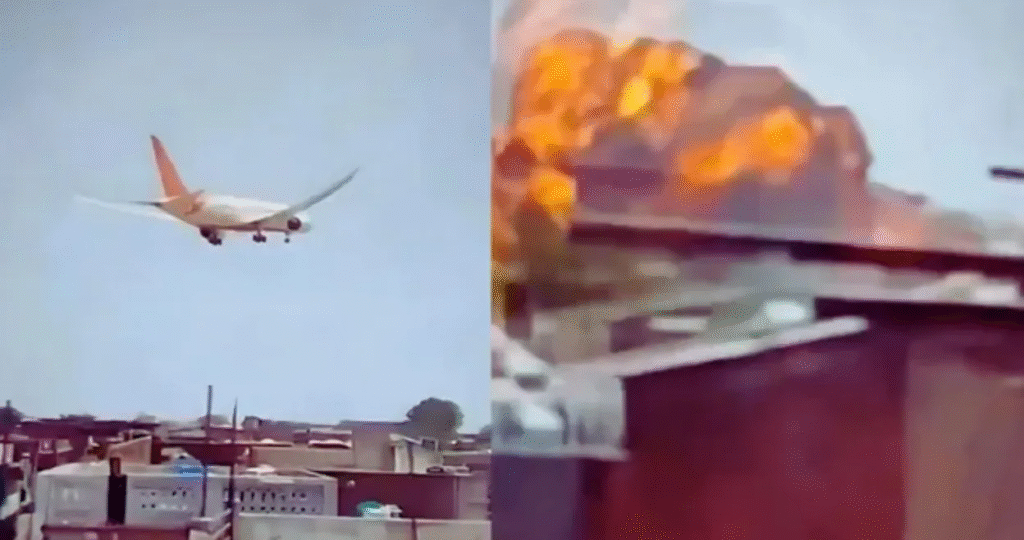
The crash of Air India flight AI171 has left the aviation industry reeling. After taking off from Ahmedabad, the Boeing 787-8 Dreamliner encountered severe difficulties and crashed just moments later into a medical college hostel, igniting a massive fire.The disaster claimed the lives of all 242 passengers aboard the aircraft, along with the lives of individuals on the ground, marking one of the deadliest crashes in modern aviation history.The AI171 was en route to London, but it never made it past the initial stages of its flight. The sudden disaster raised immediate concerns about the safety of Boeing’s Dreamliner series, which had previously been heralded as a marvel of modern engineering.
As details of the crash began to emerge, investigations pointed to multiple failures, both in the aircraft’s design and its operational management, raising alarms about Boeing’s corporate culture and priorities.The Directorate General of Civil Aviation (DGCA) in India has responded by ordering additional maintenance and safety checks for all Boeing Dreamliner 787/9 aircrafts equipped with Genx engines, including those in Air India’s fleet. A circular was issued detailing updated Standard Operating Procedures (SOPs) for Air India, underscoring the urgent need for a reevaluation of the safety protocols surrounding the Boeing 787 series. Elon Musk’s previous criticisms of Boeing’s management practices have now taken on a new, haunting resonance. His 2024 posts pointed to what he saw as the company’s failure to innovate or prioritize safety. Musk’s public remarks weren’t just about the technical superiority of SpaceX over Boeing; they were also an indictment of Boeing’s corporate structure.Musk had called out Boeing’s leadership for focusing too heavily on finances and operational efficiency at the expense of fundamental technical expertise.In his May 2024 post, Musk highlighted how SpaceX, with far less funding than Boeing, was able to complete its crew capsule design in a fraction of the time. “SpaceX finished four years sooner,” Musk pointed out, underscoring a key difference between the two companies: a leaner, more efficient structure that emphasizes technical innovation over financial bureaucracy.Musk’s analysis, which originally focused on Boeing’s Starliner program, now feels like a critical reflection on the company’s overall operations, suggesting that issues with leadership and management might have contributed to the crash of AI171.

Musk’s remarks also align with concerns voiced by Jared Isaacman, the founder of Shift4 Payments, who responded to Musk’s criticisms in 2024. Isaacman’s statement highlighted the problem of consolidation within the aerospace and defense industries, which has created a duopoly between Boeing and Airbus.According to Isaacman, the excessive consolidation in these sectors has stifled innovation and led to complacency among the major players. He argues that these companies, protected by government contracts and too-big-to-fail status, are no longer as competitive as they need to be to push the boundaries of technology and safety.Isaacman’s comments provide additional context to Musk’s statements. As a key player in the space industry, Isaacman believes that SpaceX and other up-and-coming companies could serve as disruptive forces to shake up the aerospace industry and encourage real innovation. In light of the AI171 disaster, the call for new, disruptive players in aerospace has never seemed more urgent.In the aftermath of the AI171 disaster, Boeing’s operations in India have come under intense scrutiny. As Air India, one of the largest airlines in the country, reels from the loss of its passengers and crew, the company is facing mounting pressure from both Indian regulators and the international aviation community to address safety concerns related to the Dreamliner series.The

DGCA’s orders for additional safety checks and maintenance of all Boeing 787/9 aircraft equipped with Genx engines are just the beginning. With multiple international flights canceled and other disruptions across the region, the company’s reputation is taking a severe hit. In the days following the crash, nine Air India flights were canceled, and other major disruptions occurred, including a bomb threat on a domestic flight, which led to emergency diversion protocols being enacted.These events have prompted Air India and the DGCA to reassess Boeing’s aircraft, focusing on the safety of the Dreamliner fleet. Boeing has already faced significant challenges with the 787, especially after the grounding of its earlier models due to battery issues.Now, with the latest crash, the company faces a new round of inquiries and safety evaluations, further complicating its relationship with regulators and airlines across the globe.
